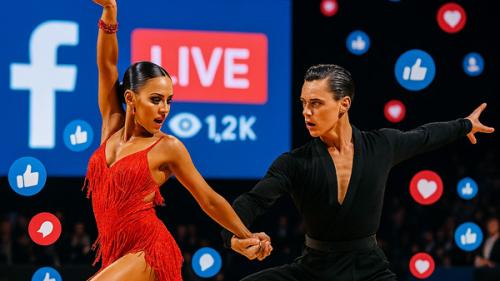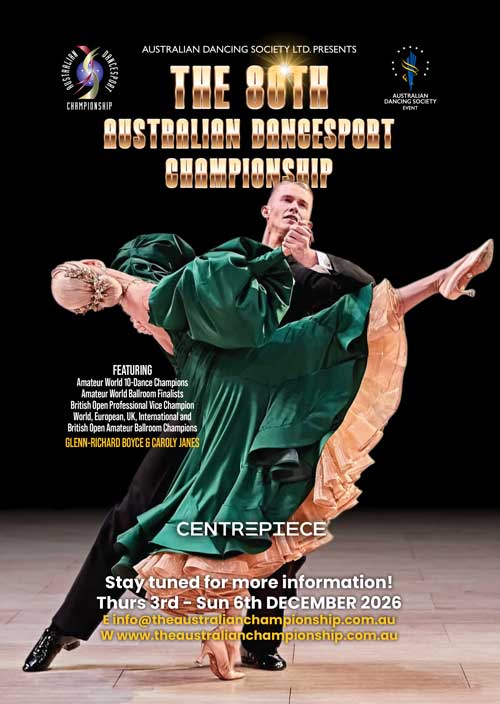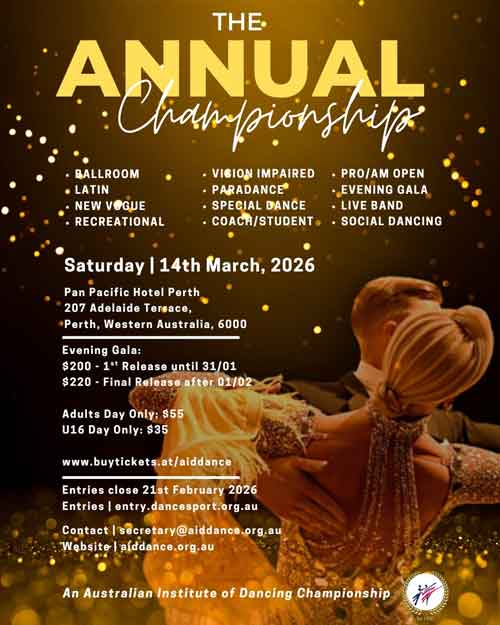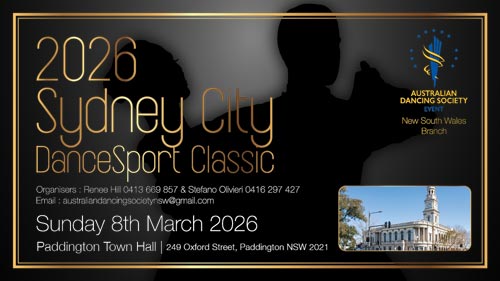

Maintaining Neutrality: Why Our Adjudicators Stay Silent on Social Media
Understanding the DSA Code of Conduct and Its Benefits for Our Sport
As competitors, coaches, and enthusiasts in the DanceSport community, we've all witnessed the excitement that surrounds major competitions. From stunning performances to emotional victories, these moments naturally inspire us to share our experiences on social media. However, you may have noticed that our adjudicators maintain a notably quiet presence online during events – and there's an important reason for this strategic silence.
**NOTE: The social media inclusion into the Adjudicator Code of Conduct was resolved by the DSA Directors on Sunday, 15 October 2017. Here is a link to that 2017 blog: dancesport.org.au/blog/Update-to-Adjudicators-Code-of-Conduct.php
The Social Media Policy: A Clear Boundary
Under the DSA Code of Conduct, adjudicators face strict guidelines regarding social media use. The policy is unambiguous: when engaged in judging an event, adjudicators "shall not allow posts of any kind to Social Media pre, post or during an event or allow their image to be posted to Social Media by a third party."
This comprehensive restriction covers all forms of social media engagement related to competitions they're officiating, from pre-event excitement posts to post-competition commentary, and even extends to preventing others from tagging them in photos or posts.
Why Neutrality Matters
At the heart of competitive DanceSport lies the fundamental principle of fair judging. Every competitor deserves to be evaluated solely on their performance merits, free from any perception of bias or favouritism. Our adjudicators occupy positions of tremendous trust, and as the Code states, "a higher standard of behaviour is required of Adjudicators than all other persons."
Social media, by its very nature, can inadvertently compromise this neutrality. A simple "like" on a competitor's pre-event post, a congratulatory comment, or even appearing in a photo with certain competitors could be interpreted as showing preference. What might seem like innocent social interaction could plant seeds of doubt about the impartiality of judging decisions.
The Benefits of Digital Silence
The social media restrictions serve multiple purposes that ultimately benefit our entire sport:
Protecting Competitive Integrity: By maintaining complete digital silence around events, adjudicators eliminate any possibility that their online activity could influence or be perceived to influence their judging decisions.
Building Competitor Confidence: When dancers know that adjudicators maintain strict neutrality both on and offline, they can compete with confidence that they'll be judged fairly on their performance alone.
Safeguarding Adjudicator Reputation: The policy protects adjudicators themselves from accusations of bias that could arise from misinterpreted social media activity.
Preserving Event Focus: Without the distraction of social media engagement, adjudicators can concentrate fully on their judging responsibilities and the technical demands of their role.
A Broader Framework for Excellence
The social media policy represents just one element of a comprehensive Code of Conduct that elevates our sport's standards. The Code addresses everything from technical competency requirements to professional behaviour expectations, ensuring that adjudicators "be consistent, objective, and neutral in their decisions."
Other key provisions include requirements for adjudicators to continuously develop their skills, maintain meticulous attention to safety, and judge independently without comparing notes with fellow adjudicators. Together, these standards create a framework that supports both the technical excellence and ethical integrity that DanceSport demands.
Understanding the Bigger Picture
While some might view these restrictions as overly cautious, they reflect our sport's commitment to the highest standards of competitive fairness. Just as athletes train rigorously to perfect their technique, our adjudicators embrace disciplined conduct standards to perfect their craft and maintain the trust placed in them.
The temporary digital silence of our adjudicators before, during and after competitions is a small price to pay for the enormous benefit of knowing that every mark, every placement, and every result reflects pure technical and artistic merit.
As we continue to grow and evolve as a sport, these standards serve as the foundation upon which our competitive integrity rests. They remind us that in DanceSport, excellence isn't just about what happens on the dance floor – it's about the ethical framework that ensures every competitor gets the fair judgment they deserve.







